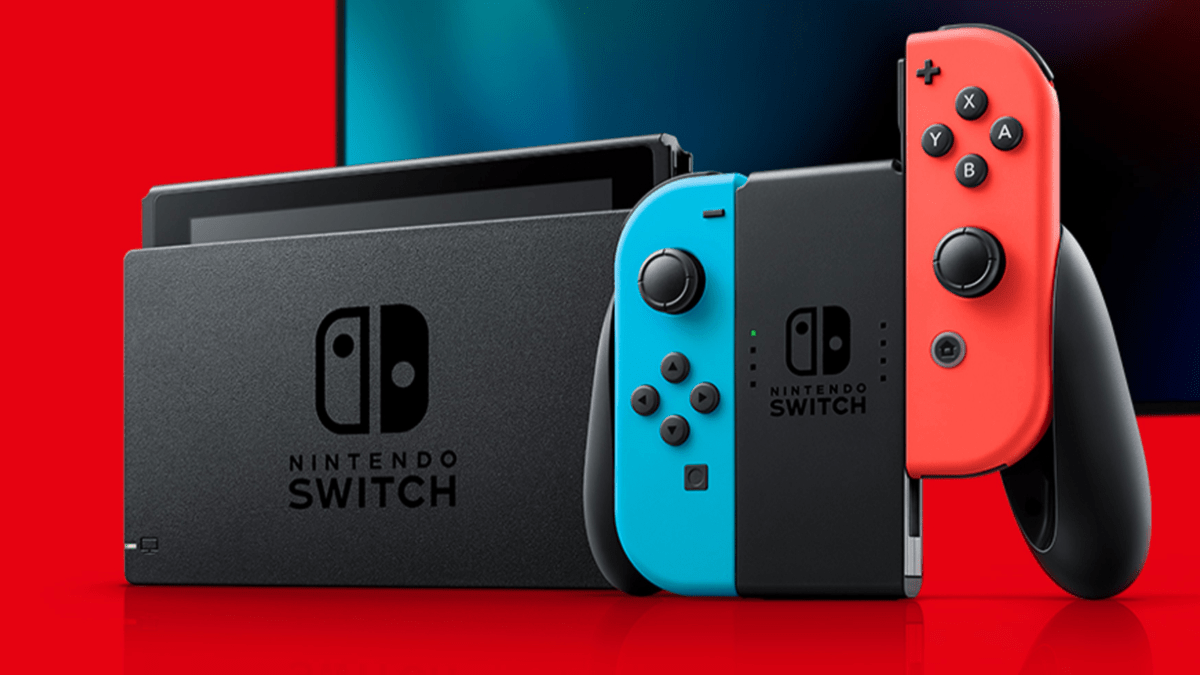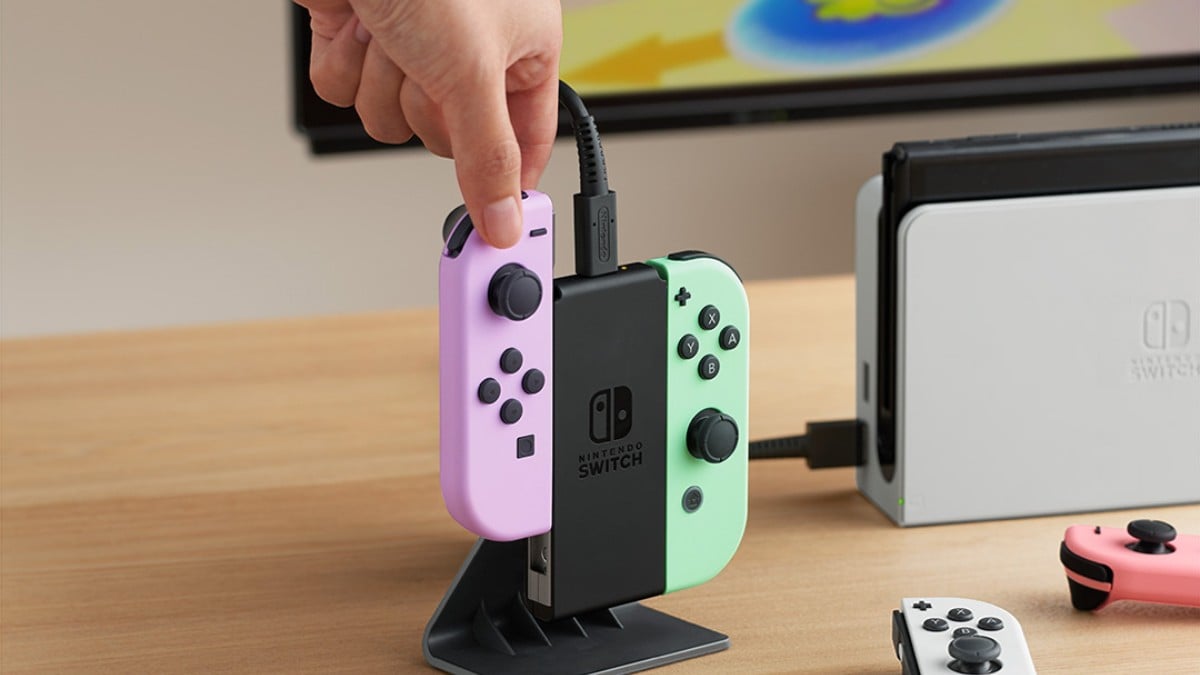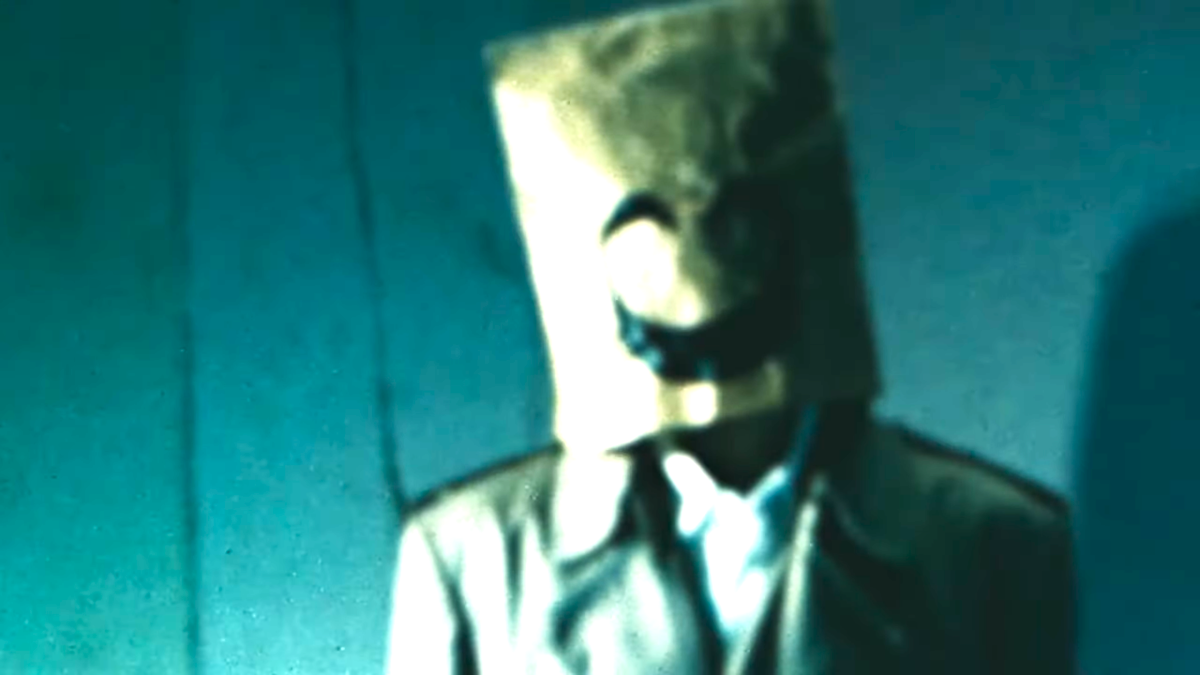The Persona dancing games are admittedly weird beasts. On one hand, they shouldn’t be remotely entertaining, especially when you compare them to their acclaimed RPG counterparts. However, on the other, I found myself thinking about the games when I was doing other things, secretly anticipating my return to that secret dream-based dance club featuring all of my favorite characters from the franchise. If you’d asked me a year ago if I’d willingly spend my free time helping these quirky heroes conquer the dance floor, I would have scoffed and sauntered away with a chuckle in my throat. Today, I’m wondering if I should share the dark secret I’m carrying around: I’m kind of in love with Persona Dancing: Endless Night Collection (which includes Persona 3: Dancing in Moonlight, Persona 4: Dancing All Night, and Persona 5: Dancing in Starlight), so much so that I don’t mind playing them in front of my spouse or friends. Imagine that.
To be perfectly honest, there isn’t much to these games — they’re really nothing more than simple rhythm titles dressed up in very stylish Persona clothing. The major appeal, of course, is watching your favorite characters unwind after a long day of saving the world from devious villains (with frequently controversial motives) to bust a few moves on the dance floor. It’s a truly goofy concept, but Atlus executes it with the same style and grace found in the core Persona games. Sure, it’s nowhere near as deep or rewarding as taking down a teacher who does horrible things to his students, but there’s a weird satisfaction that comes with helping Ann skillfully execute a dance move that I can’t imagine performing in my wildest dreams. Are these games a form of wish fulfillment for a desire I never knew I possessed? I’m not entirely sure, and it’s probably best not to delve too deep into uncharted waters. Yet, I don’t mind living vicariously through them.

Gameplay is fairly straightforward and easy to get into on the easier difficulty settings. In a nutshell, you press a corresponding button and/or direction on the D-pad whenever an icon connects with a corresponding section of the screen. You’ll also encounter what’s called “scratches,” which provide you with bonus points by flicking the left or right thumbstick in time with the music. Thankfully, these are purely optional and won’t blow your combo if you accidentally miss the beat. Of course, things get more complicated when buttons and D-pad directions need to sync up or when you need to hold a note for an extended period of time. A sense of rhythm is almost required to make it beyond the easier difficulty, though even then, Persona requires you practice, practice, and practice if you have any hope of establishing an unbeatable score and unlocking the content that lurks in the more challenging modes. And despite how undeniably hard some of the songs can get, there’s never a point where I reached pure, uncontrollable frustration, a rock-solid testament to this game’s enjoyability.
A key component to your own personal enjoyment of all three titles in Persona Dancing: Endless Night Collection will be your tolerance for the type of music found in the Persona games themselves. You’ll hear a lot of the same songs over and over again, albeit in the form of nifty remixes that change up how the songs play out. In fact, while you might dominate any and all challenge in “Life Will Change” from Persona 5: Dancing in Starlight, for example, you might completely fall on your face while attempting to complete “Life Will Change (ATLUS Meguro Remix)” on an easier setting. I found myself doing poorly on remixes for songs I previously knocked out of the park, so there’s a fair amount of challenge between the dances, even if they’re using the core song as a basis for the routine. In fact, the remixes often increase or decrease the BPMs, which alters the overall difficulty of the song, derailing anything you learned while playing the original version. This helps keep things interesting, especially since the song selection between the three titles isn’t very deep, unfortunately.

And this is ultimately the collection’s biggest problem: variation and variety. Yes, there are three whole games packed into Persona Dancing: Endless Night Collection, but the gameplay as a whole doesn’t vary much between the three. At their core, they’re the same experiences with a different cast of colorful characters. However, that’s not to say Endless Night doesn’t come packed with content (you can unlock story scenes, costumes, dance partners, for example), but don’t go into this bundle expecting a lot of variation between them. If you’ve played your way through Persona 3: Dancing in Moonlight, you’ve essentially played Persona 4: Dancing All Night, except with different music and characters. This shouldn’t be a problem for fans, as chances are they know precisely what they’re getting into. However, it’s worth noting anyway, just in case someone blindly stumbles into the collection and finds themselves in a pit of inescapable disappointment because they got three different versions of what is essentially the exact same game. I personally didn’t mind the repetitiveness of it all.
I’d always heard about the Persona dancing games, but I never thought they’d be something I would remotely enjoy, let alone find myself returning to when the grind of, say, Elder Scrolls Online or the vast open world of Assassin’s Creed Odyssey seemed to demand too much of my time. Despite my initial misgivings about these slick, enjoyable spin-offs, Persona Dancing: Endless Night Collection finds itself in good company on my Playstation 4 Pro. All three offer enjoyable music, weirdly addictive gameplay, and incredible animation, all crammed into tight, straightforward packages that don’t hide what they truly are. Sure, you might find it a bit silly that games which tackle deep subject matter would inexplicably follow such a goofy path, but once you overlook the tonal shift, you’ll discover plenty to love. And while Persona 4: Dancing All Night remains my favorite (thank in part to my recent completion of Persona 4 Golden on the Vita I purchased earlier this year), all three offer the same thing: unbridled entertainment. Atlus might be milking the franchise for all its worth, but that doesn’t mean you can’t enjoy it.
This review is based on the PlayStation 4 version of the game. A review copy was provided to us by Atlus.








Published: Nov 27, 2018 09:30 am